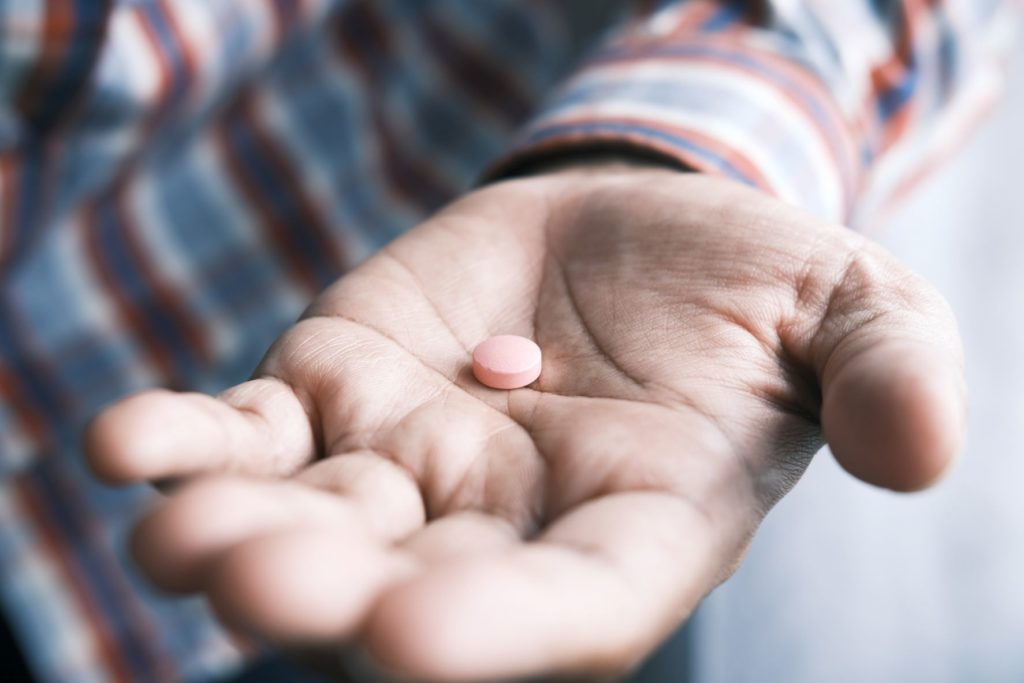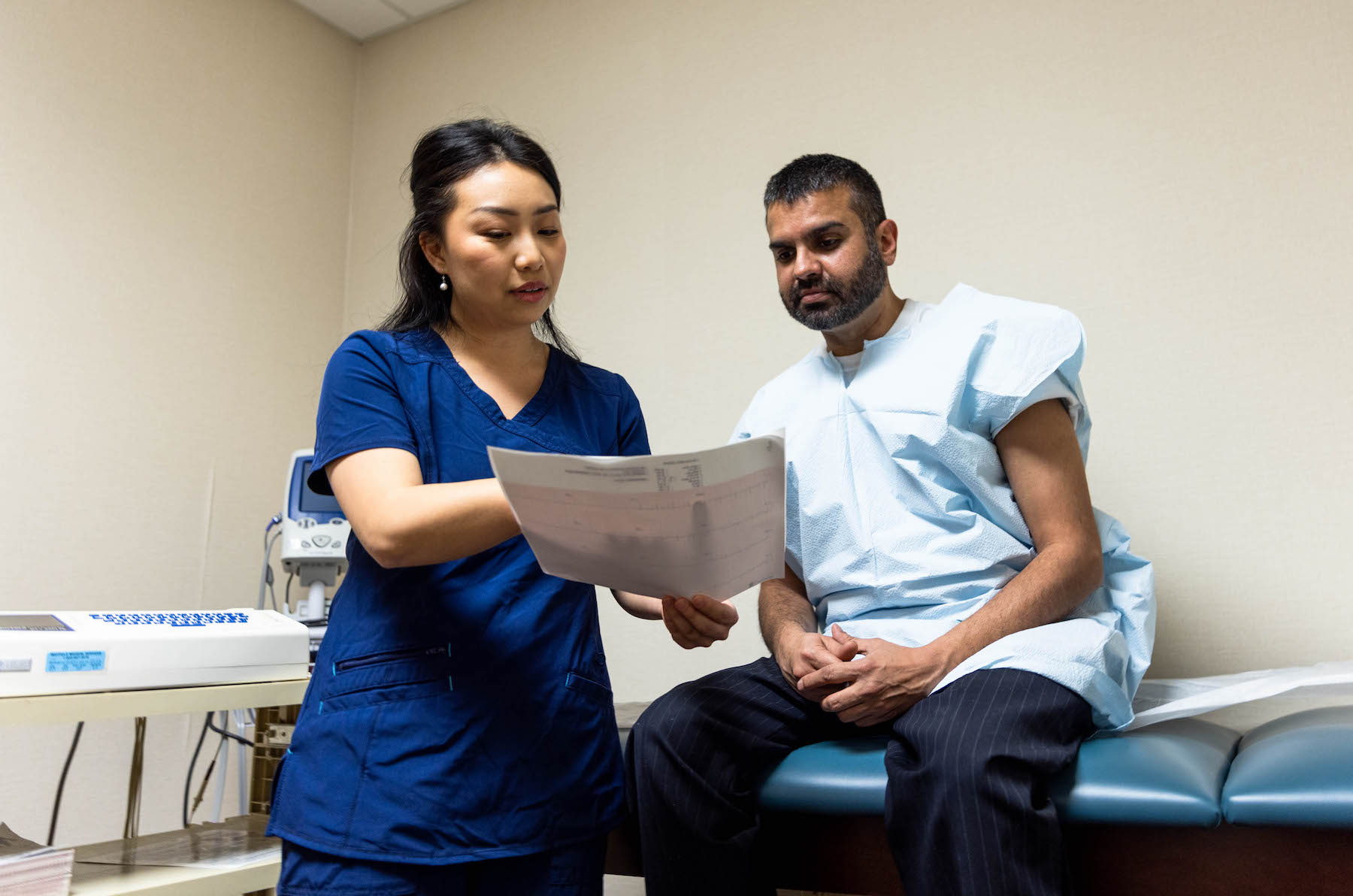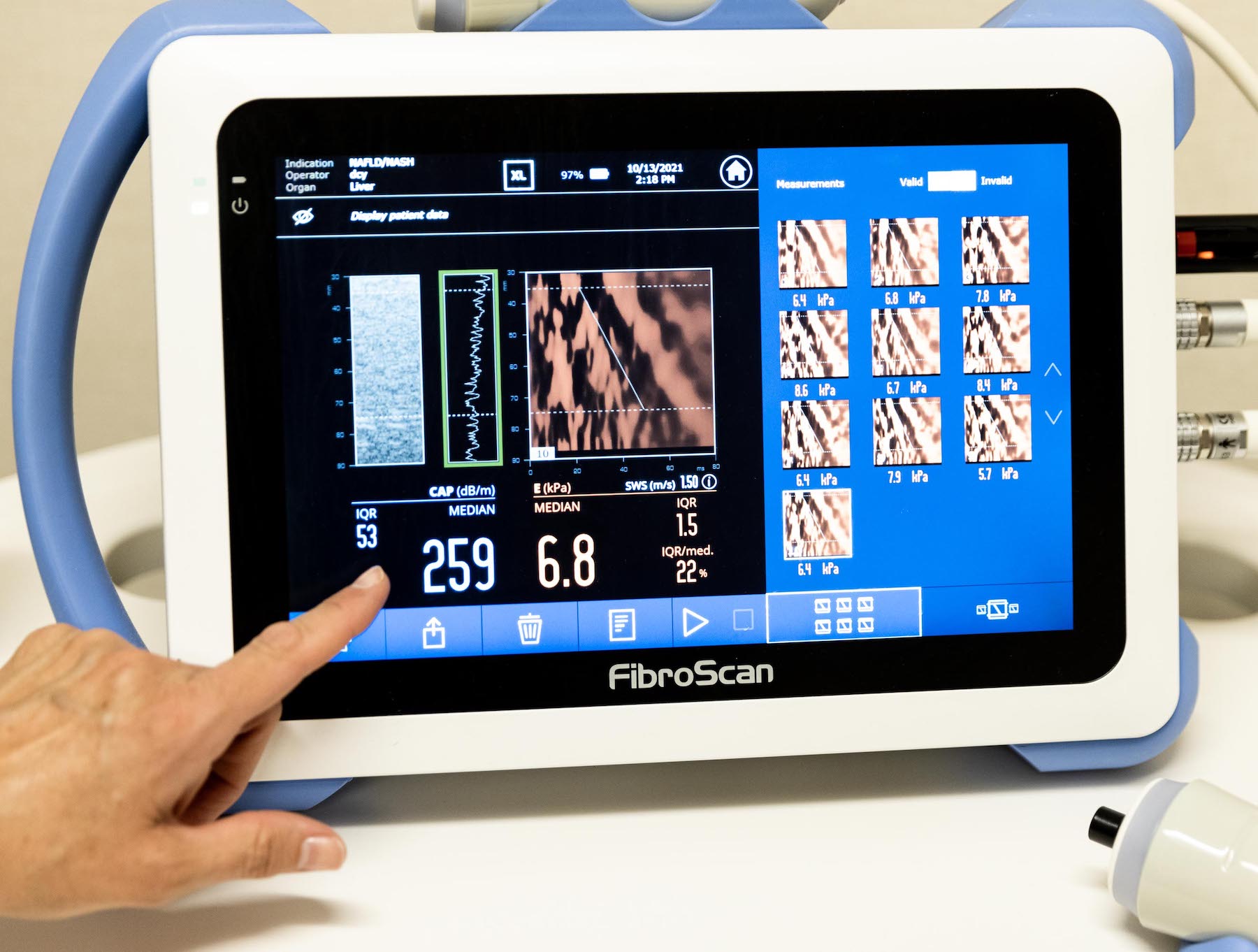What is Crohn’s Disease?
Crohn’s Disease is a type of inflammatory bowel disease (IBD). It causes inflammation of your digestive tract, which can lead to abdominal pain, severe diarrhea, fatigue, weight loss, and malnutrition. Crohn’s most commonly impacts the end of the small bowel (ileum) and the colon. It is a condition that can cause persistent diarrhea, rectal bleeding, abdominal pain, abdominal cramping, urgent bowel movements, and constipation. Crohn’s disease affects as many as 3.1 million people in the United States.
There are several FDA approved treatments and over the counter medications available to patients that help manage symptoms of Crohn’s disease. While many effective treatments are available, clinical trials may still be your best option if other medications prove ineffective or if you lack insurance options or the ability to pay for your medications.
Risk Factors
- Diet
- Stress
- Age
- Race or Ethnicity
- Genetics
- Smoking
Symptoms
- Chronic Diarrhea
- Fever
- Fatigue
- Abdominal pain and cramping
- Blood in your stool
- Reduced appetite and weight loss
- Pain or drainage near or around the anus
- Skin Tags
Treatments
- Antibiotics
- Antidiarrheal medications
- Biologic Therapy
- Surgery
- Corticosteroids
- immunomodulators
- Clinical Trials

Managing Crohn's Disease
While the exact cause of Crohn’s disease is unknown, there are ways to be proactive once you’ve received a Chron’s disease diagnosis. While there is no cure for Crohn’s disease, you can prevent complications and manage symptoms with treatment and lifestyle modifications:
- – Stop smoking
- – Eat a balanced diet
- – Maintain a healthy weight
- – Exercise
- – Manage stress

FAQs about Crohn's Disease
Frequently Asked Questions
I have symptoms of Crohn’s disease. How do I get diagnosed?
Frequent bowel movements and the appearance of blood in the stool are two of the most common warning signs of Crohn’s disease. However, the only way to properly diagnose this disease is with a colonoscopy. During this treatment, we use a camera system to take a tissue sample and identify the level of redness and/or inflammation present inside the colon. Discuss your symptoms with your health care provider.
I was diagnosed with Crohn’s disease. What is my prognosis?
Crohn’s disease can lead to further (potentially life-threatening) complications and can be aggravated by both poor diet and moderate-to-severe levels of stress. If not managed properly, Crohn’s disease may be a contributing factor for some patients developing colon cancer.
Stick to the treatment plan you created with your doctor, manage stress levels, and maintain a healthy lifestyle.
Is there a cure for Crohn’s disease? Can KCRI help me manage my symptoms?
As of now, there is no cure for Crohn’s disease. However, certain treatments and therapies can help patients manage their symptoms and maintain a happy, functional lifestyle. With a combination of medication and diet modifications, some patients even achieve “remission” periods where inflammation is healed. Discuss clinical trials medications and therapies for the treatment and management of Crohn’s disease with your health care provider.
Don't see the study you're looking for?
Those that Participate:
- See a board-certified physician at no cost
- Have access to possible new treatment options before the general public
- May be compensated for time and travel
We are continually getting new research studies for all types of conditions. Submit your information today to be contacted for upcoming research opportunities.




